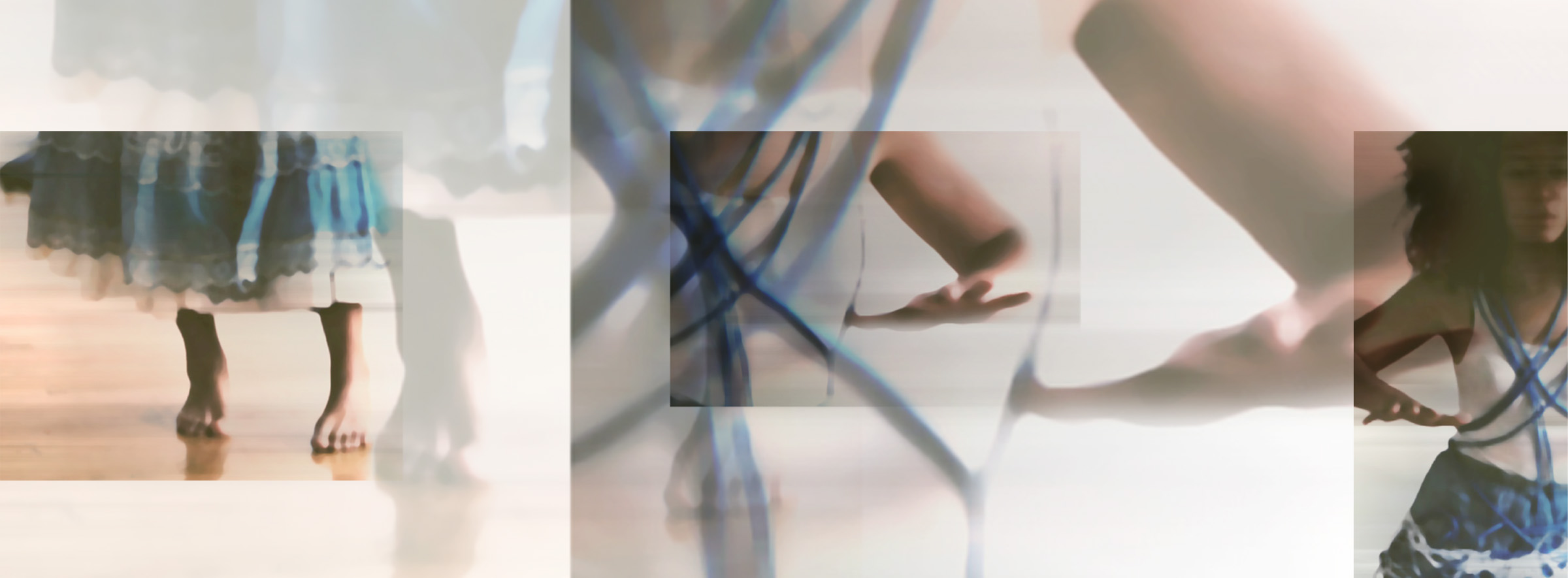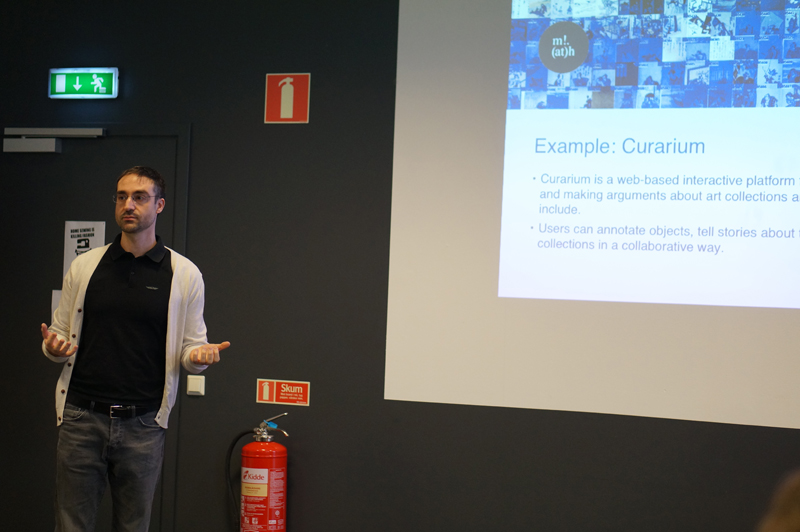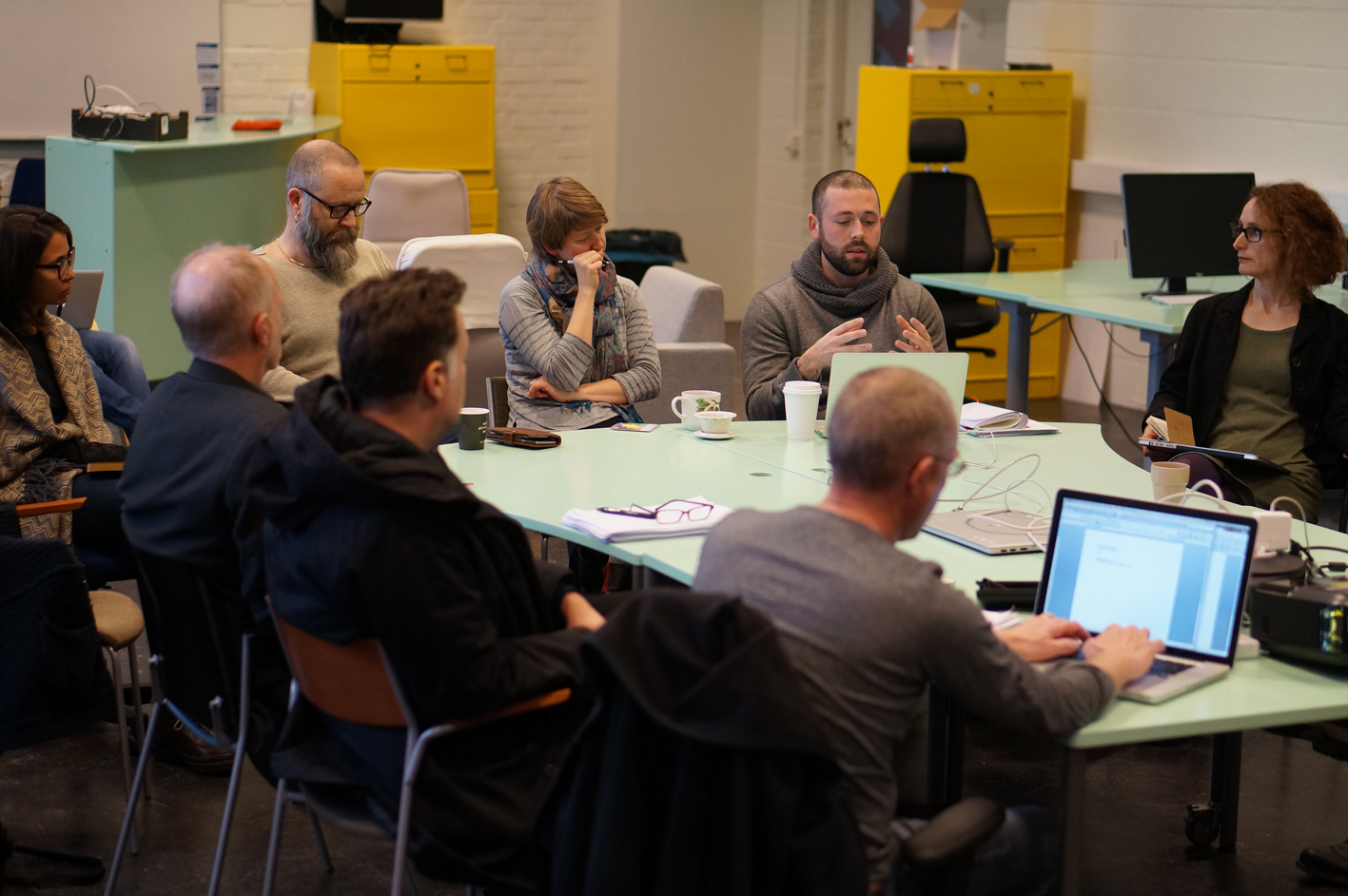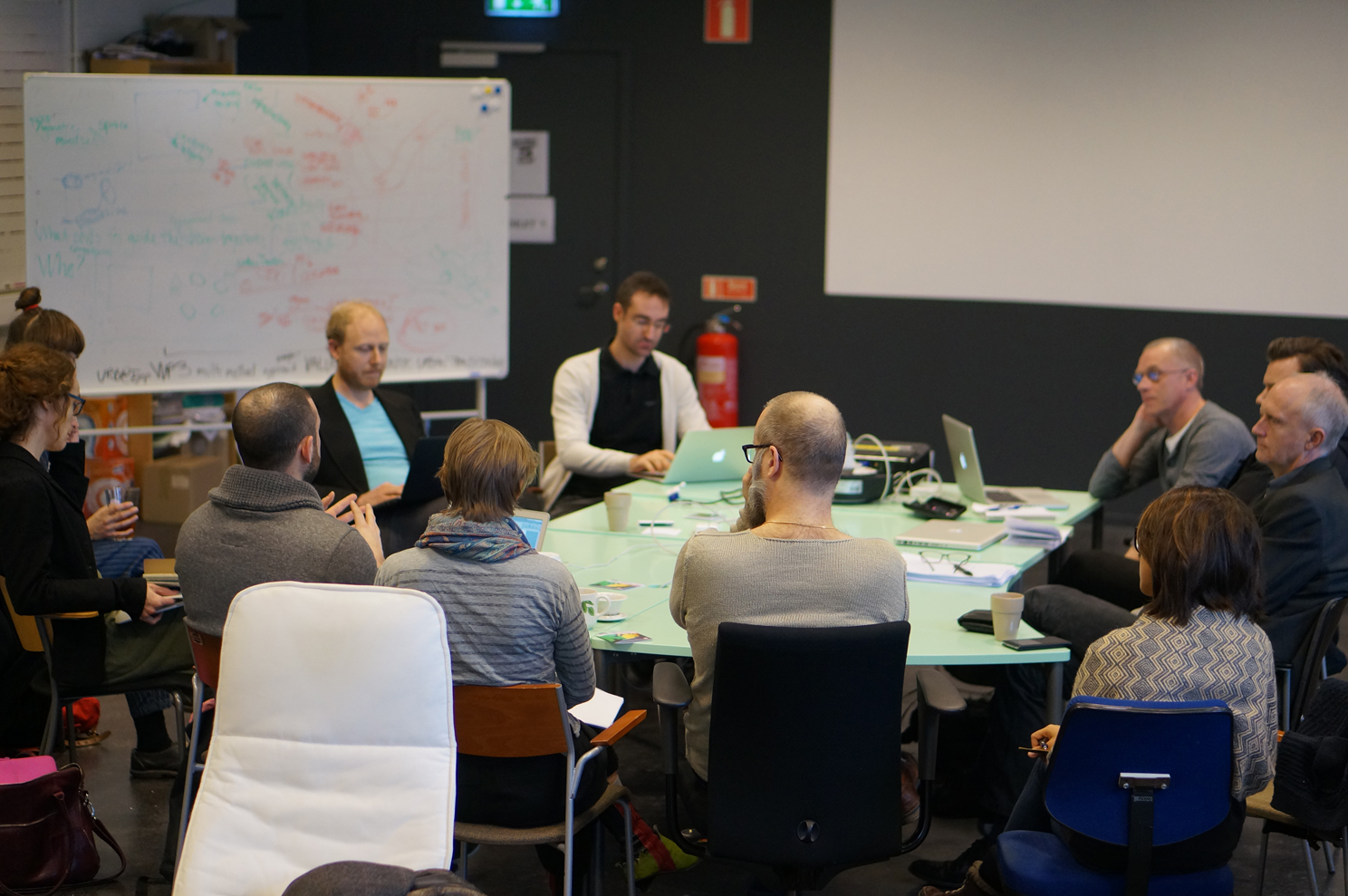Memory on Trial, Media, Citizenship and Social Justice
20/05 – kl. 10-12 – Room E203 (Aktersalongen)
Oscar Hemer, Professor, Anders Høg Hansen, Assistant Professor, Malmö University
The book approaches the memory sharing of groups, communities and societies as inevitable struggles over the interpretation of, and authority over, particular stories. Coming to terms with the past in memory work, alone or with others, is always unsteady ground and the activation of memory will always relay imaginations of futures we want to shape and inhabit.
The contributors all explore in different ways how citizens can actualize a public and how citizens and groups struggle with their pasts and presents – and other group’s understandings – in their work for futures they dream of, or envision. This implies an engagement with the notion of social justice, which in turn entails trial and revision of ideas and procedures of how to share the world. But to share also requires some kind of common ground and distributed power.
The anthology thus engages with a range of cases that bring views and voices back in public, demanding justice, recognition, sometimes literally triggering new trials.
Some of the memory work is done strategically, in the context of communication for development and social change interventions where NGOs, community-based organizations, governments or UN agencies pursue not just voice and views, but also very material demands for social justice and social change.
The anthology contains theoretical as well as case-study contributions. The contributors are: Kendall Phillips, Thomas Hylland Eriksen, Jo Tacchi, Thomas Olesen, Thomas Tufte, Tamar Katriel, Elizabeth Bird, Alfonso G Dagron, Toby Butler, Oscar Hemer, Ayisha Abraham, Sarah Nuttall, Anders Høg Hansen and Erling Björgvinson.




